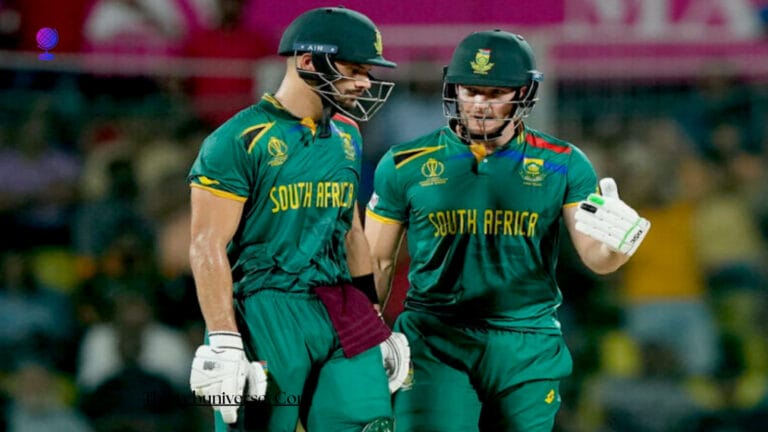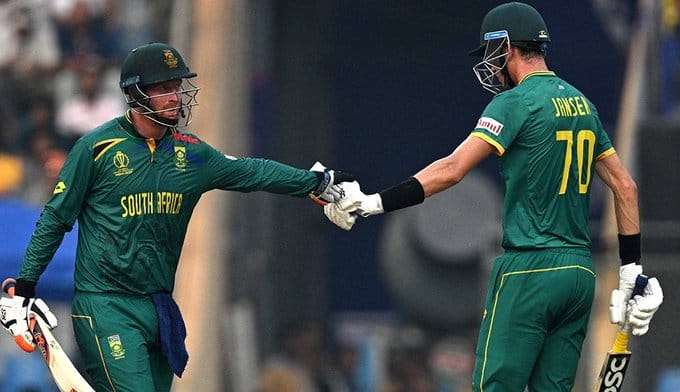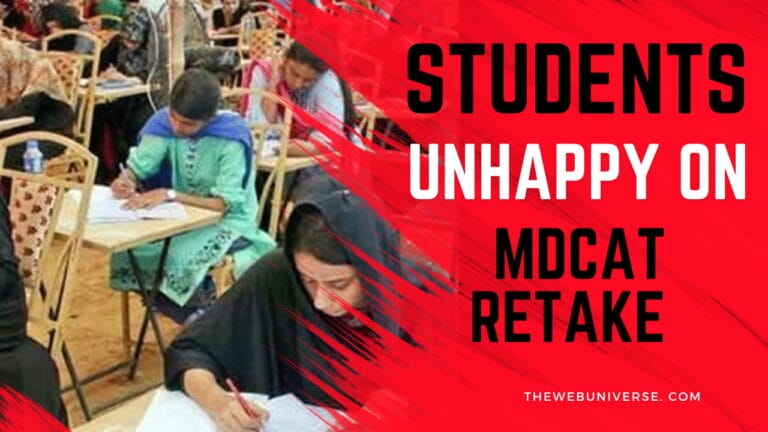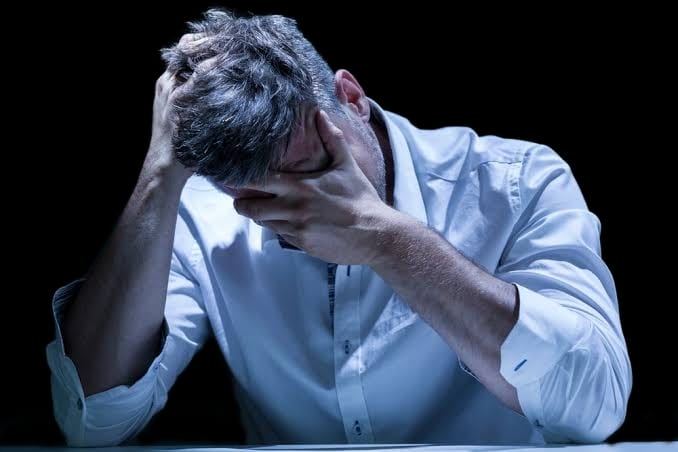Supreme Court May 9 Riots Verdict: Military Trials Declared Null and Void

In a significant turn of events, the Supreme Court of Pakistan has rendered its verdict on the military trials of civilians in the aftermath of the violent protests that erupted on May 9.
This landmark decision, which has declared these trials null and void, carries profound implications for the country’s legal landscape and its pursuit of justice.
Understanding the Verdict
The Supreme Court’s decision, delivered by a five-member bench led by Justice Ijazul Ahsan, comprised of Justices Munib Akhtar, Yayha Afridi, Sayyed Mazahar Ali Akbar Naqvi, and Ayesha A. Malik, marks a pivotal moment in the legal history of Pakistan.
The court ruled that the trials of the May 9 suspects should be conducted in ordinary courts, a move that upholds the principles of civilian justice.
In addition to this, the Supreme Court declared Section 2(1)(d) of the Army Act, which outlined the criteria for persons subject to the Act, to be in violation of the Constitution and “of no legal effect.”
This section allowed for individuals not subject to the Army Act to be tried under the Secrets Act for certain offenses. Section 59(4), which pertains to civil offenses under the Act, was also declared unconstitutional.
As a result, the verdict has far-reaching implications, not only for the 103 civilians and accused persons identified by the government but also for any individuals who may be placed under trial in connection with the May 9 events.
The court emphasized that any action or proceedings under the Army Act, including court-martial, would be considered of no legal effect. While today’s verdict can still be appealed before a full court by the state, it establishes a significant legal precedent.
The Petitioner’s Perspective
Prominent lawyer Aitzaz Ahsan, one of the petitioners in this case, hailed the verdict as “very important” and emphasized that it strengthens democracy, the Constitution, and the justice system.
He asserted that this decision sends a clear message: no one is above the law.
Ahsan also pointed out the importance of transparency and government accountability, noting that trials had commenced even though the government had previously stated that they would not begin until the Supreme Court was informed.
Legal Experts Weigh In
Legal experts have overwhelmingly supported the Supreme Court’s verdict, highlighting its alignment with constitutional principles and fundamental rights.
Barrister Asad Rahim Khan emphasized the established principle that civilian trials should be held in civilian courts as long as they are functioning. He added that this decision strengthens civilian courts and is consistent with the Constitution.
Former Supreme Court Bar Association (SCBA) president Ahsan Bhoon praised the decision as “absolutely correct” and expected it to be upheld, even if appealed.
He noted that the decision was in accordance with the Constitution and reiterated the importance of civilian supremacy.
Today’s Hearing
During the recent hearing, Attorney General for Pakistan (AGP) Mansoor Usman Awan argued that military courts met all the requirements of criminal courts for the trial of civilians.
However, Justice Ahsan raised questions about the necessity of a constitutional amendment in such cases, highlighting the importance of protecting the fundamental rights of citizens.
Case Background
This case has been a subject of controversy and debate for some time, with human rights groups and politicians expressing concerns about the trials of civilians in military courts.
The Supreme Court’s decision to hear this case is in line with the legal requirement established by the Supreme Court (Practice and Procedure) Act 2023.
This act stipulates that all cases involving the interpretation of the Constitution under Article 184(3) should be heard by a bench of at least five Supreme Court judges.
Conclusion
The Supreme Court’s ruling on the May 9 riots and the nullification of military trials represents a pivotal moment in Pakistan’s legal history.
It underlines the importance of civilian justice, accountability, and the principles of constitutional law. As this verdict sets the stage for the future, it marks a significant step towards ensuring that justice is served and the rights of citizens are protected.
FAQs:
1. What were the May 9 riots, and why did they lead to military trials?
The May 9 riots were violent protests that targeted both civilian and military installations. These events prompted the authorities to take 102 individuals into custody for their involvement in attacks on military establishments. Subsequently, some of these individuals were subjected to military trials.
2. Why did the Supreme Court declare the military trials null and void?
The Supreme Court’s decision was based on the assertion that trials of the May 9 suspects should be conducted in ordinary courts.
It found certain sections of the Army Act to be in violation of the Constitution, leading to the declaration of these trials as “of no legal effect.”
3. What is the significance of this verdict for Pakistan’s legal system?
This verdict upholds the principles of civilian justice and sends a clear message that no one is above the law. It establishes a legal precedent and reaffirms the importance of transparency and government accountability.






